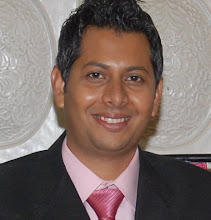A team comprises a group of people or animals linked in a common purpose. Teams are especially appropriate for conducting tasks that are high in complexity and have many interdependent subtasks.
A group in itself does not necessarily constitute a team. Teams normally have members with complementary skills and generate synergy through a coordinated effort which allows each member to maximise his/her strengths and minimise his/her weaknesses. Team members need to learn how to help one another, help other team members realize their true potential, and create an environment that allows everyone to go beyond their limitations
My observation in our culture is much different, what we practically observe is not that what is written in books.
Team culture basically enables a group to work simultaneously for a common goal, If a member has any weakness that team has that ability to help him to overcome those weaknesses and carry on the work in same manner. That team formation should have all those ingredients required. While forming a team things should be kept in mind that there should be at least one person with plenty of experience, he/she should know the basics of team formation and how to mentor them.When team is formed always try to keep the bonding between members, this is prime responsibility of the Lead. But this knowledge should be transferred to other member in timely manner. A good team has the power of transferring knowledge between members without highlighting, if we put a weak member in the team he/she can be automatically groomed in a manner that significant improvement can be observed with in less amount of time.

No comments:
Post a Comment